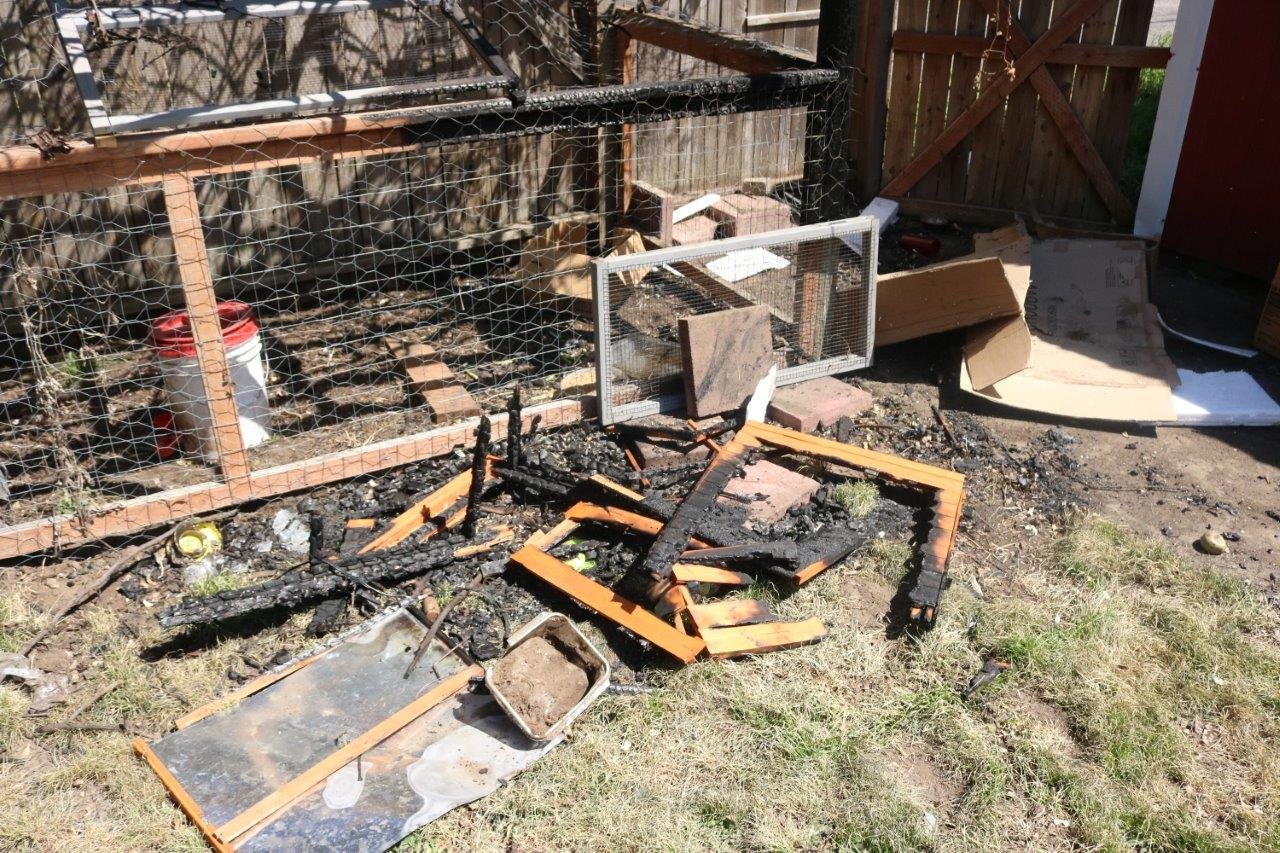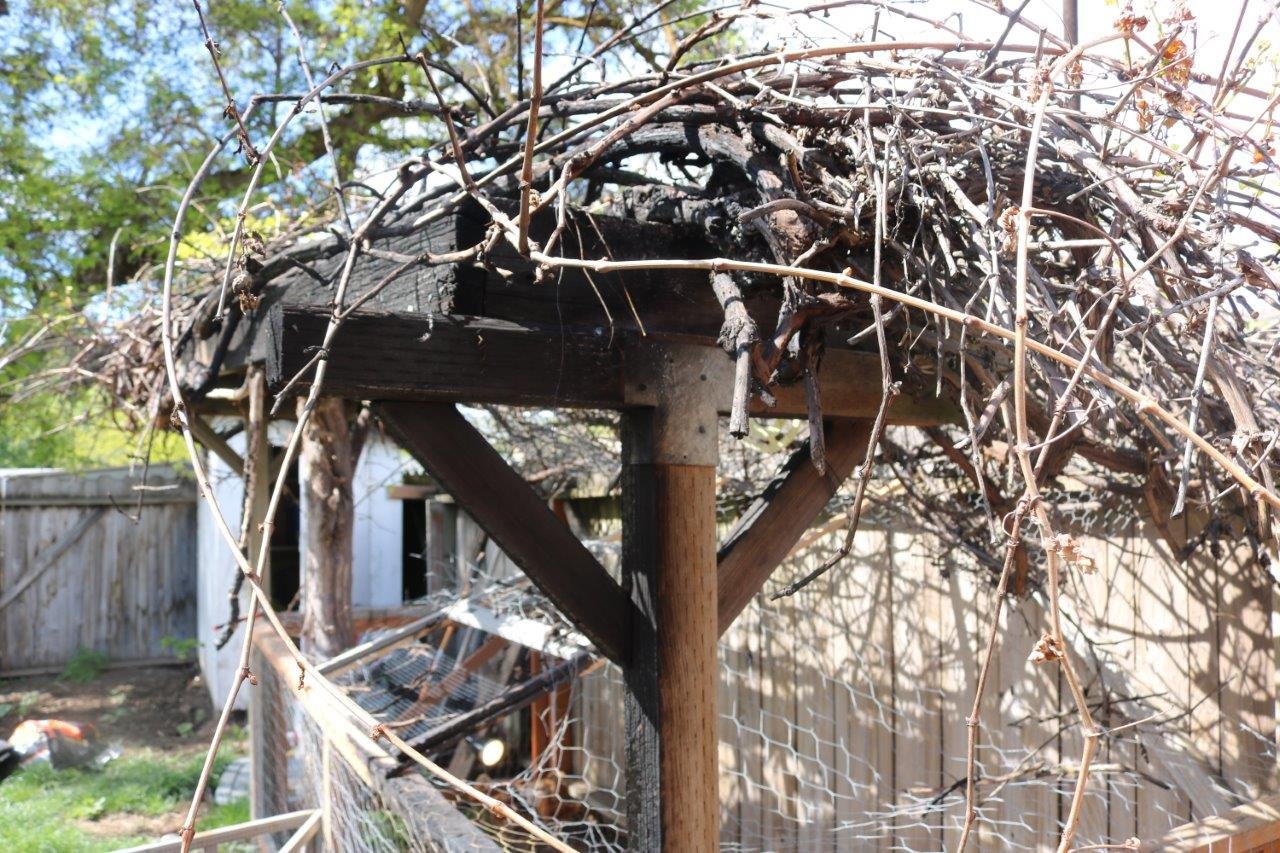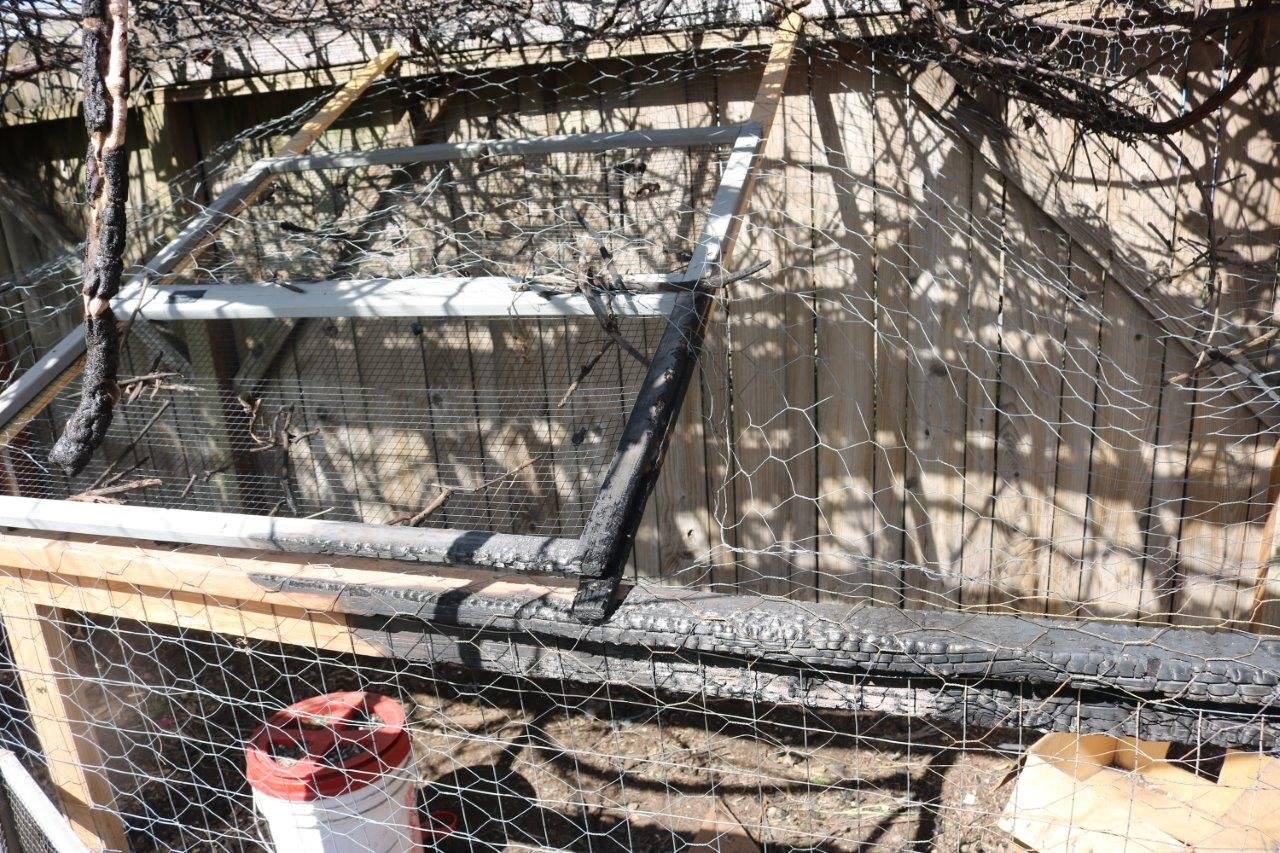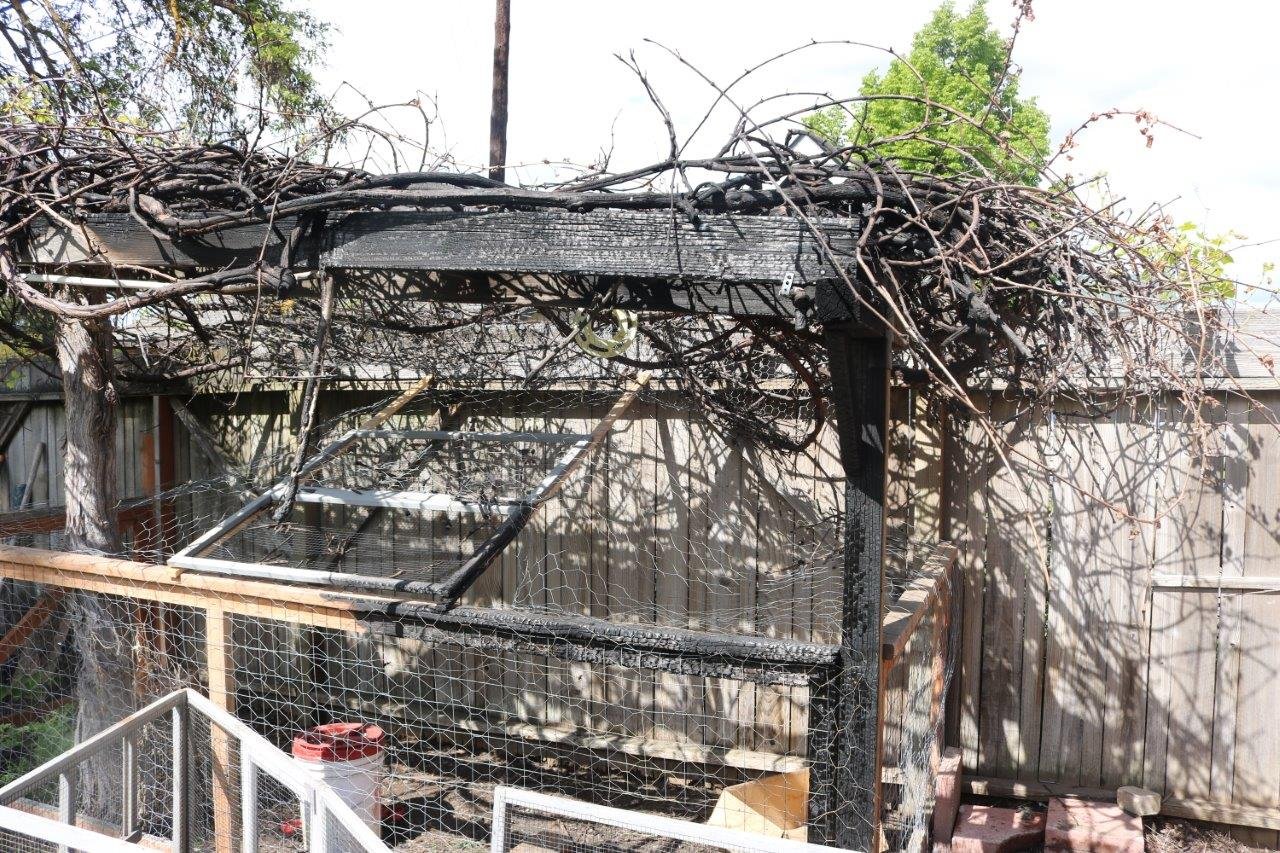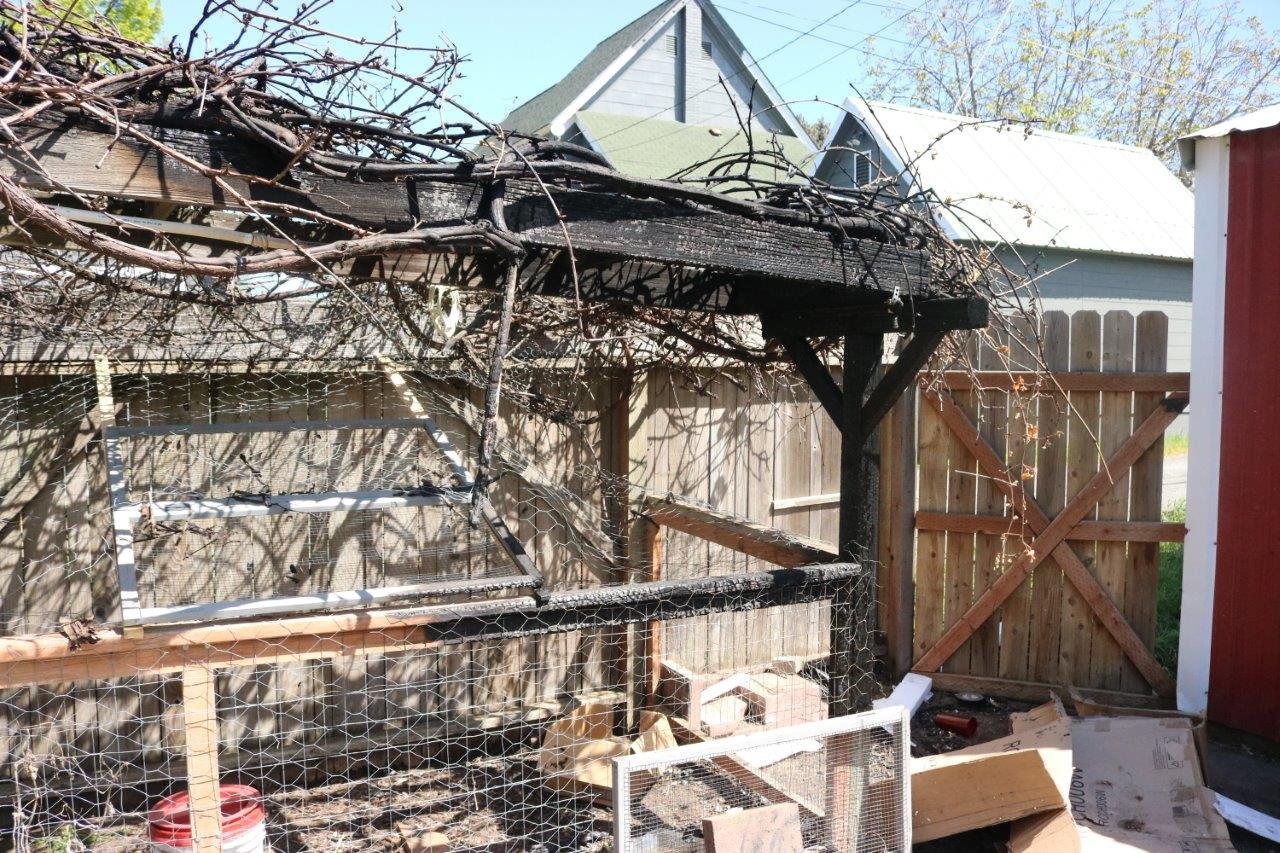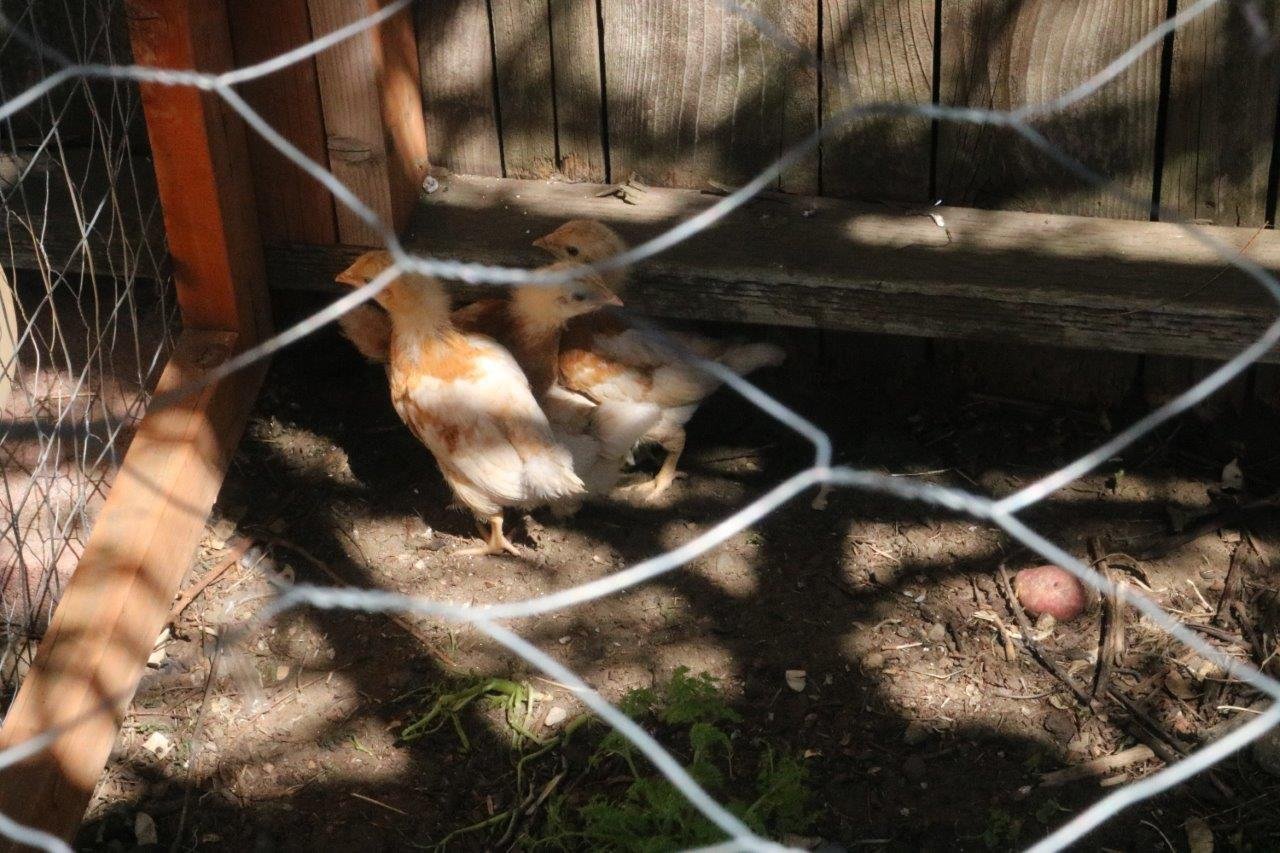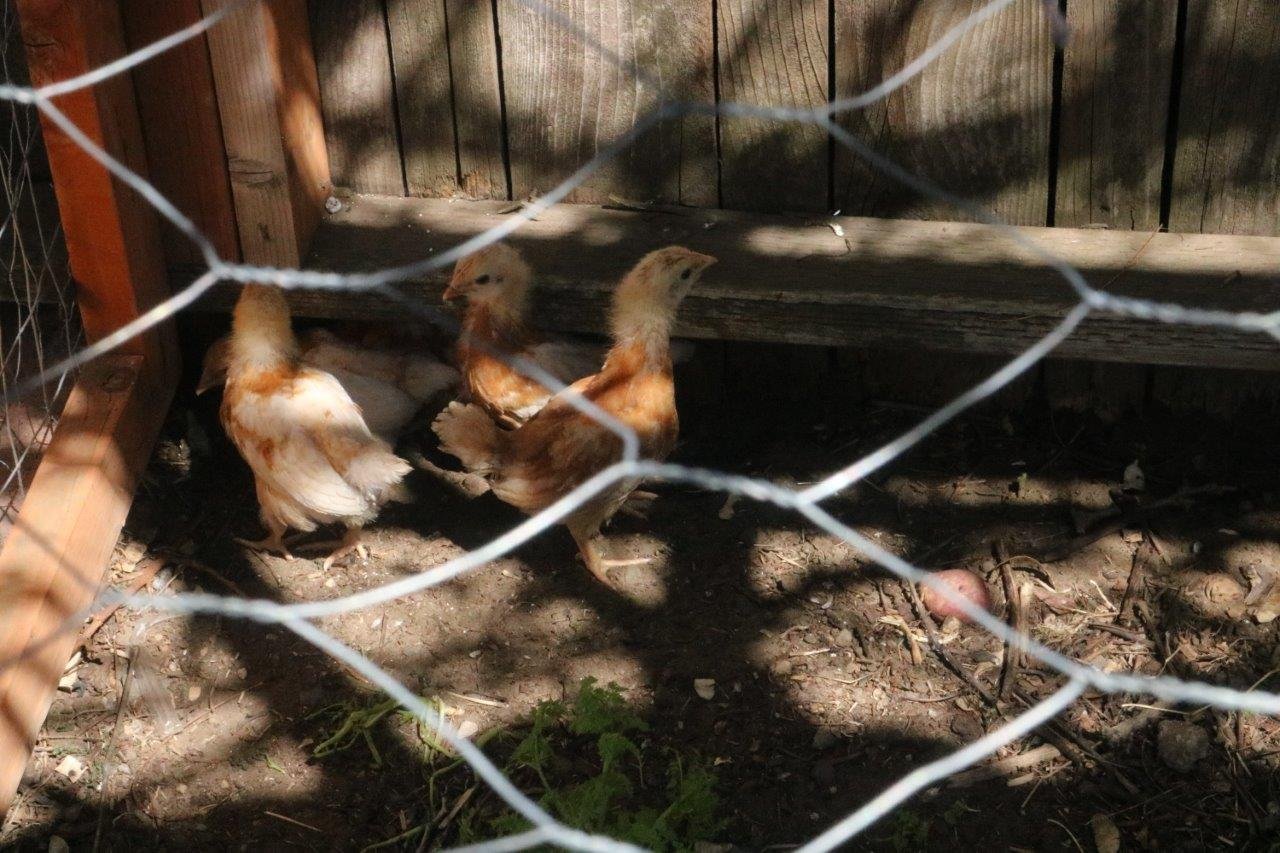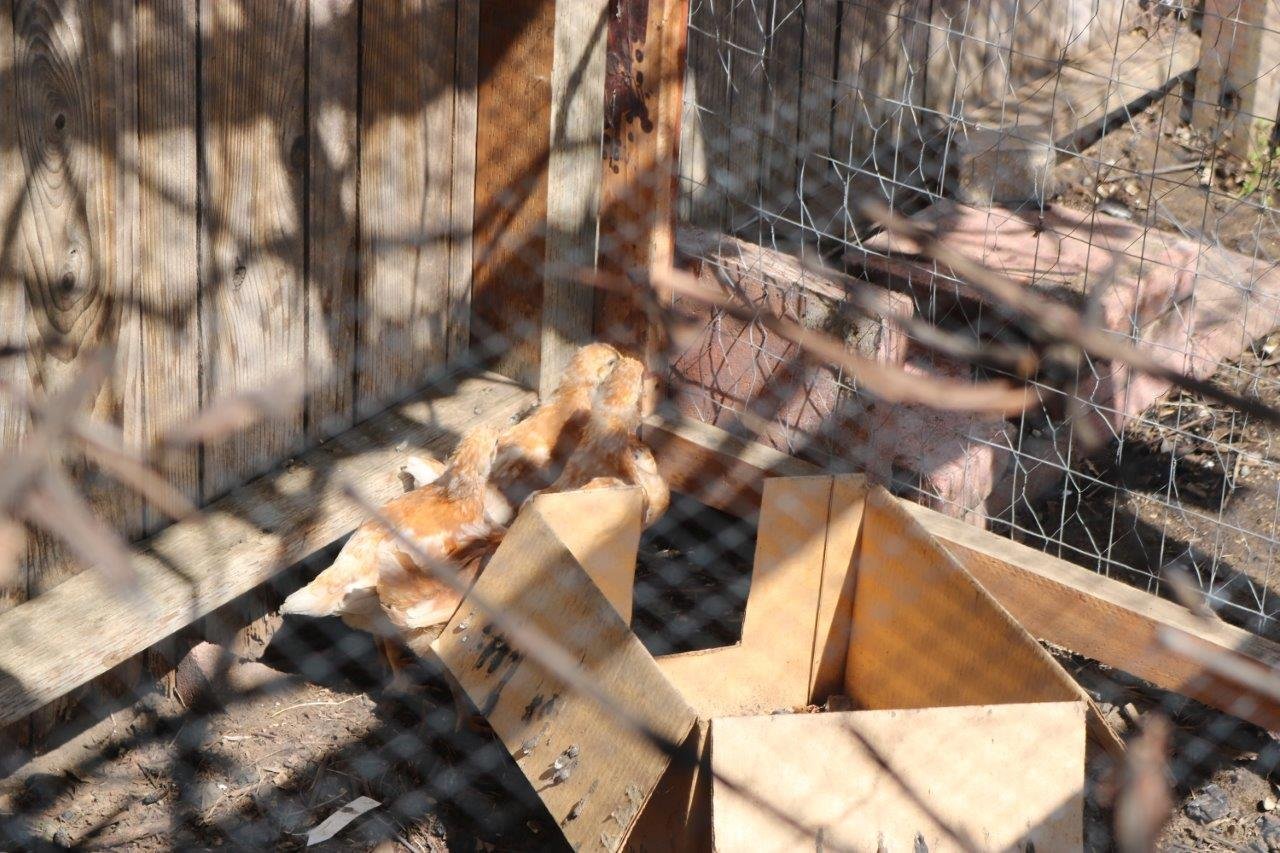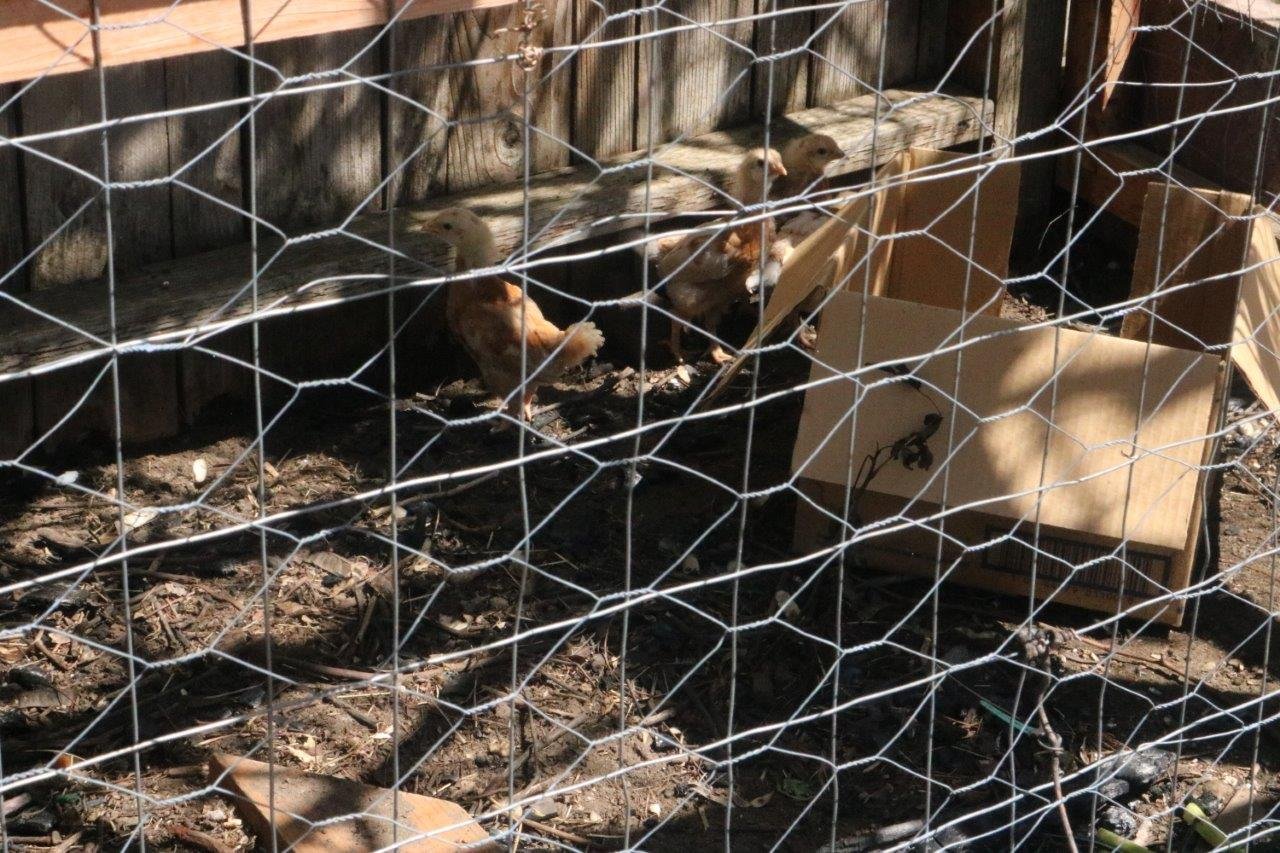Lessons Learned: Don’t Count Your Chickens Before They Hatch
Column
By Joshuah Albert
The Dalles, Ore., May 3, 2024 – In recent years, homesteading has surged in popularity, primarily due to the appeal of self-sufficiency and the prospect of trimming the household budget. For example, in my home we consume an astonishing amount of eggs—easily a dozen and a half each week. With the price of eggs climbing, it felt less like I was consuming them and more like they were devouring my wallet.
So, imagine how thrilled I was when I decided to build a chicken coop, there I was thinking I was so fiscally responsible, and industrious and so totally blissfully unaware of the chaos that lay ahead.
About a month before the disaster, or Chickengeddon as I call it now, I had bought some baby chicks, planning to spend the ensuing weeks assembling their new home. Temporarily, I set them up in the laundry room to shield them from the cold. These tiny chicks lived under a heat lamp, which unfortunately made the room reek—a brutal assault on the senses whenever the door swung open. Balancing ventilation with warmth became a daily struggle, one I felt I was losing.
After three weeks of toil, the chicken coop was finally ready, and it was a beauty—spacious and perfectly located. I was immensely proud, envisioning the piles of eggs soon to come. The chicks seemed to love their new abode as much as I did, but there was one lingering concern: the night-time cold. Anxiously, I placed a heat lamp in the coop, hoping it would fend off the chill.
The next morning, everything appeared normal. The chickens were safe, and everything was intact. Satisfied, I headed to work, not realizing that disaster loomed just hours away. A frantic call from my wife shattered my routine: there was a fire near our home. Panic surged as I raced home, plagued by dreadful scenarios—was it our house, the neighbor's, or perhaps there was no fire at all? Deep down, though, I suspected the worst: the chicken coop.
Turning into my street, my fears were confirmed by the sight of a fire truck and firefighters packing up. My heart sank as I approached them, and they directed me to the remains of what had been my pride and joy—the coop was nothing but ashes. They explained that they had to break through our fence to control the flames and mentioned that the fire started when a heat lamp in the coop had fallen over. Relief that the fire had spared our house was quickly overshadowed by worry for the chicks, which were nowhere to be found.
A neighbor, the one who had alerted the firefighters, came over to check on the situation. I asked if he'd seen any chicks, still clinging to a sliver of hope. His negative response prompted a dark joke about their likely fate resembling something like 'KFC extra crispy.' We shared a brief, morose chuckle before parting ways.
For hours, I wallowed in my failure, tormented by the irony of enduring weeks of stench only for it all to end in tragedy. When my wife arrived, she went to survey the damage. I couldn't bear to join her, but then she called out, surprised, “I thought you said you couldn't find the chicks. They're right over there!”
Across the lawn, to my astonishment and relief, were the chicks, damp but alive. They had escaped the fire by finding a hole in the coop—so much for my "masterpiece." As it turned out, only the coop was destroyed, and in hindsight, I realized how fortunate we were. The ordeal taught me a poignant lesson: don’t count your chickens until they hatch—and make sure your coop heat lamps are truly, irrefutably secured.
Support Local News
Available for Everyone; Funded by Readers


